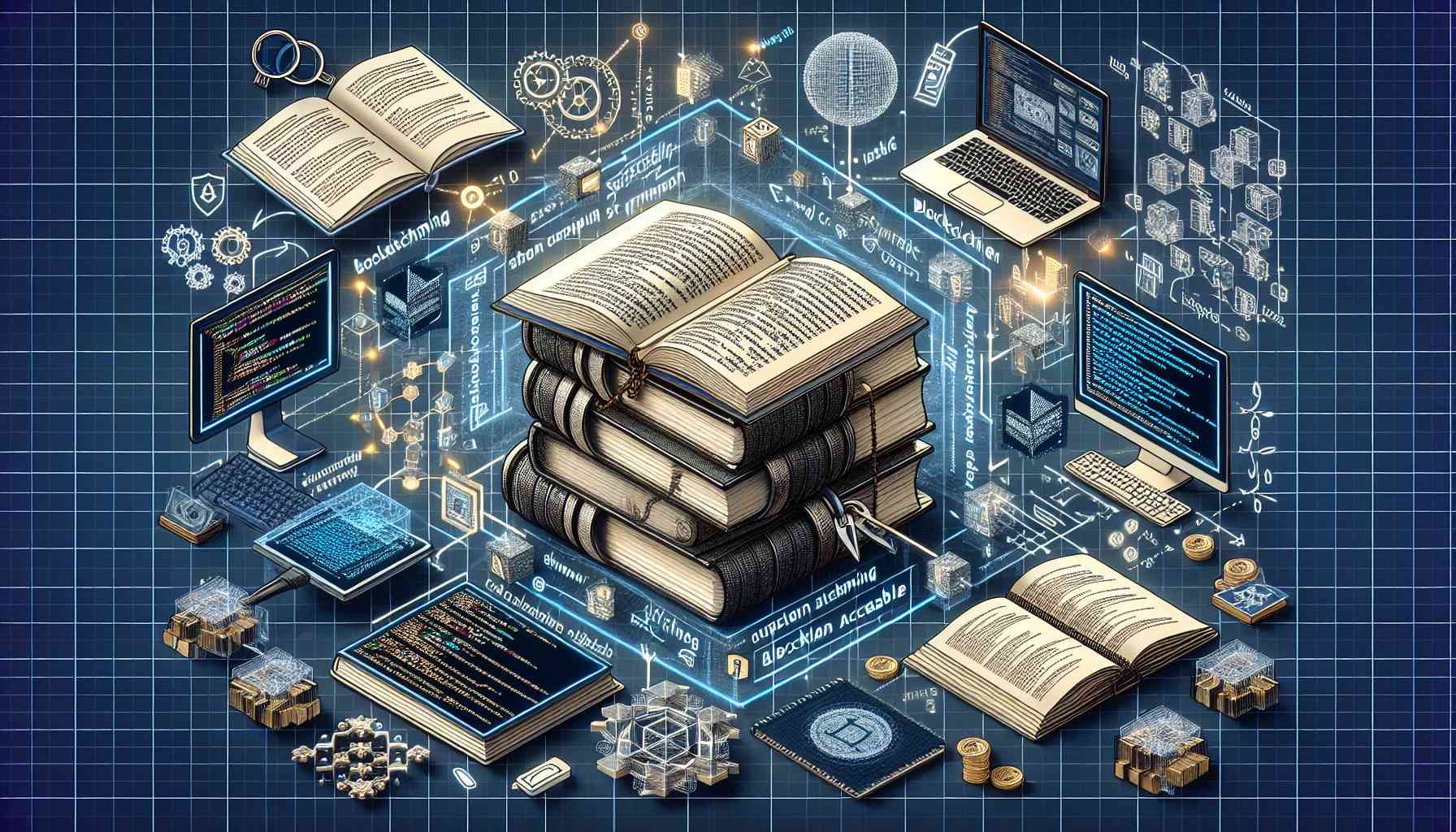Summary: Blockchain technology is revolutionizing the digital world and financial system. The prospect of learning to program these complex systems can seem daunting. However, insights from a well-known blockchain developer suggest that this journey might be more accessible than many anticipate.
Start With the Fundamentals
Blockchain programming doesn’t have to be overwhelming. According to Jhony Grillet, CEO of El Aguacate Programador, focusing on basic concepts and specific demos from particular blockchain stacks is key. Rather than trying to cover every aspect of a vast project, it is more effective to concentrate on a few core elements. This approach aligns with the broader challenge in Web3 education – prioritizing a deep understanding of fundamental concepts rather than chasing every new trend.
A significant advantage for beginners is the use of familiar programming languages like JavaScript. Platforms like Hive allow even those with a basic understanding of JavaScript to interact with nodes and explore various blockchain features. This accessibility is not always the norm in other blockchain stacks, which often require learning new languages like Solidity, Rust, or Go. Making mistakes and sharing this knowledge with communities is encouraged as a way to learn and create a more inclusive and less isolating learning environment.
Engage, Learn, and Ask Questions
Engaging with online communities, utilizing available documentation, and following tutorials are crucial for acquiring blockchain programming skills. Exploring the abundant content available online across various blockchain ecosystems can offer great insights. Additionally, a selective approach to learning, focusing on specific content at a manageable pace, can be beneficial. Leveraging existing skills in JavaScript allows programmers to build front-end applications that interact with blockchains effectively.
However, the proliferation of online learning platforms also presents challenges. It’s important to avoid overwhelming learners with too much content, as this can lead to a trend where people accumulate courses rather than absorb knowledge. Bootcamp programs are an ideal learning option for blockchain developers as they simulate real-world industry work projects and challenges in a controlled setting.
The Future of Blockchain Education
The future of blockchain education, as envisioned by Jhony Grillet, lies in adaptive learning paths. Leveraging blockchain technology itself, adaptive learning paths can offer customized and tailored learning experiences to individuals, making blockchain programming even more accessible.
In conclusion, blockchain programming is not as complex as it seems. By focusing on the basics, using familiar programming languages, engaging with online communities, and asking questions, anyone can start their journey in blockchain development. With the right strategies and a commitment to continuous learning, blockchain programming can become more accessible to a wider range of individuals.

